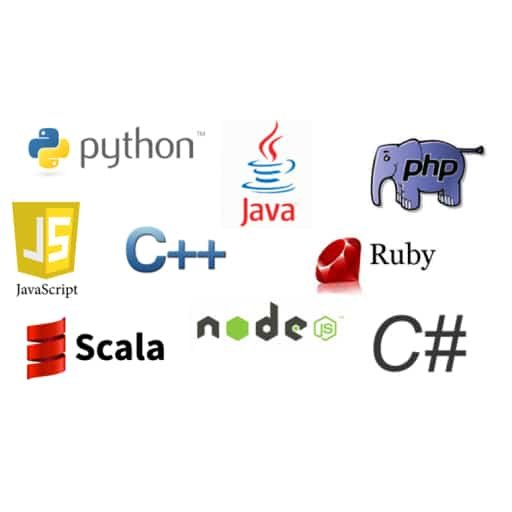PHP is a popular programming language that is widely used for web development. However, there are several other programming languages that are also commonly used for web development, such as Python, Ruby, Java, and JavaScript. In this article, we will compare PHP with these other programming languages based on various factors.
1. Syntax: PHP has a syntax that is similar to C and Perl, making it relatively easy to learn for developers who are familiar with these languages. On the other hand, Python has a clean and readable syntax, which is often considered more beginner-friendly. Ruby also has a clean and elegant syntax, while Java has a more verbose syntax. JavaScript, being a client-side scripting language, has a syntax that is quite different from PHP.
2. Performance: PHP is known for its fast execution speed, especially when used with the PHP-FPM (FastCGI Process Manager) module. However, compared to compiled languages like Java, PHP may be slower in certain scenarios. Python and Ruby are also interpreted languages, which can be slower than compiled languages. JavaScript, being executed by the browser, can have varying performance depending on the browser and device.
3. Scalability: PHP is highly scalable and can handle large amounts of traffic when used with appropriate caching mechanisms and load balancing. Java, being a compiled language, is known for its scalability and is often used for enterprise-level applications. Python and Ruby can also scale well, but may require additional optimization techniques. JavaScript, being executed on the client-side, does not have the same scalability concerns as server-side languages.
4. Frameworks and Libraries: PHP has a wide range of frameworks and libraries available, such as Laravel, Symfony, and CodeIgniter, which provide developers with ready-to-use components and tools for web development. Python has popular frameworks like Django and Flask, while Ruby has Ruby on Rails. Java has frameworks like Spring and JavaServer Faces, and JavaScript has frameworks like React and Angular.
5. Community and Support: PHP has a large and active community of developers, which means there are plenty of resources, tutorials, and forums available for support. Python and Ruby also have strong communities, while Java has been around for a long time and has a vast ecosystem of libraries and frameworks. JavaScript, being one of the most widely used programming languages, has a massive community and extensive support.
6. Use Cases: PHP is primarily used for web development, especially for building dynamic websites and web applications. Python is also widely used for web development, as well as for data analysis, machine learning, and scientific computing. Ruby is often used for web development and is known for its focus on simplicity and productivity. Java is commonly used for enterprise-level applications, Android app development, and server-side development. JavaScript is primarily used for client-side scripting, but with the advent of Node.js, it can also be used for server-side development.
In conclusion, PHP is a powerful and widely used programming language for web development, but there are several other programming languages that offer different features and advantages. The choice of programming language depends on the specific requirements of the project, the developer’s familiarity and expertise, and the available resources and community support.
